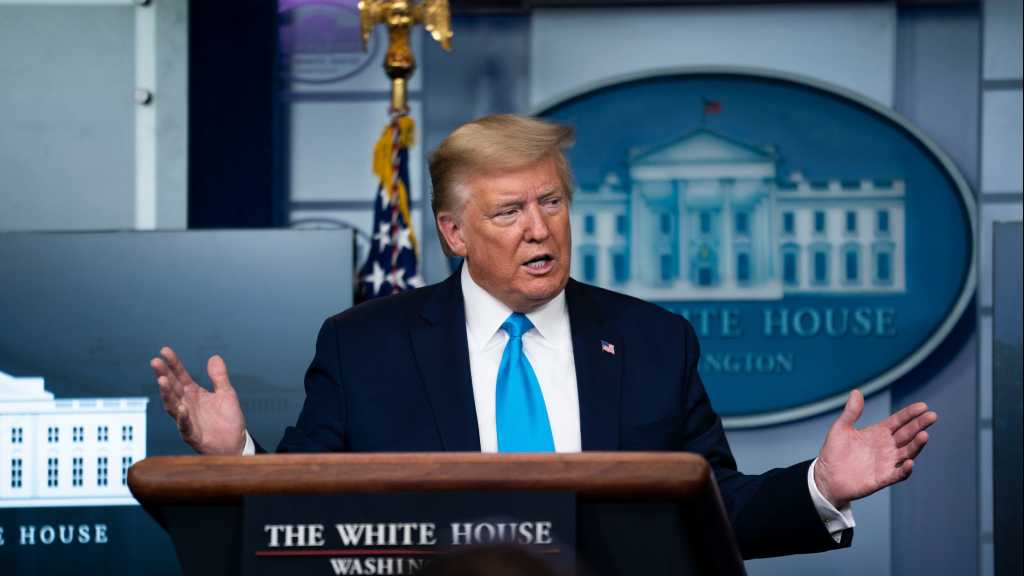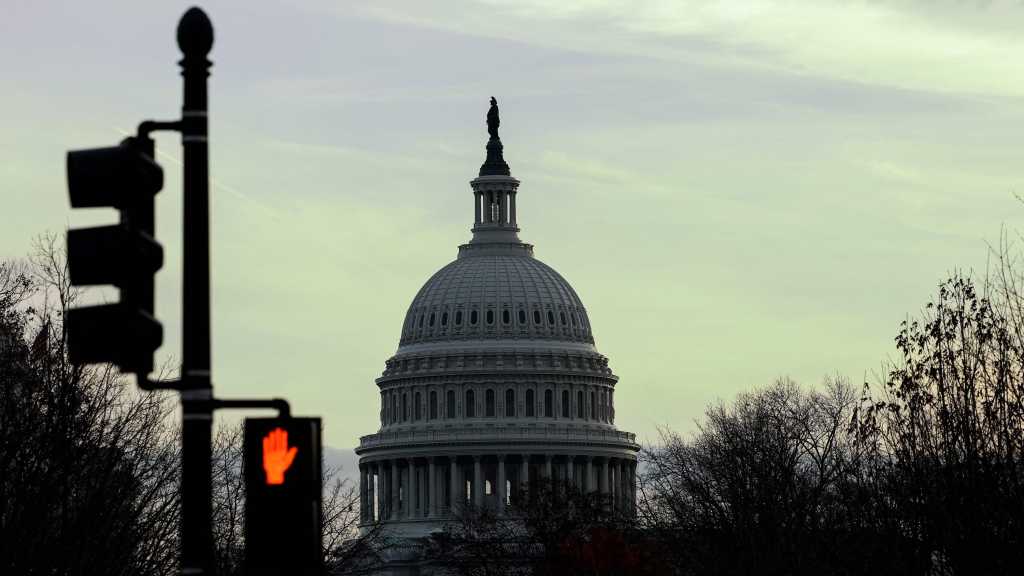The market is still nervous about the outcome of the proposed U.S. plan

Source: Reuters, 24-9-2008
World stocks steadied on Wednesday and safe-haven government bonds rose after Warren Buffett's investment in Goldman Sachs failed to calm anxiety over the prospects for Washington's $700 billion bank bailout.
Billionaire investor Buffett's Berkshire Hathaway Inc will invest $5 billion in Goldman, a major boost for the Wall Street bank whose shares fell 50 percent from their 2007 record high in this month's market turmoil.
However, the news failed to significantly boost risky assets after the U.S. government's push for quick congressional approval of its financial rescue plan hit a wall of opposition on Tuesday among senators who said the plan puts taxpayers at risk.
Federal Reserve chairman Ben Bernanke testifies again later, after warning lawmakers on Tuesday that a failure to act could doom the economy to a recession.
"The market is still nervous about the outcome of the proposed U.S. plan as politics seems to be making the deal more complicated," said Ryuji Shimai, market analyst at Shinko Securities in Tokyo.
The FTSEurofirst 300 index erased early gains to stand flat on the day while the MSCI world equity index was broadly steady.
U.S. stock futures were up more than 1 percent, pointing to a stronger start on Wall Street later.
"Buffett's legendary status as a value investor gives the bulls reason for optimism, as some will see his move as a sign to call the bottom of the recent declines," said Chris Hossain, senior sales manager at ODL Securities.
The December bund future rose 30 ticks as jittery investors sought safety in government bonds.
Strains in the interbank money market lingered, with overnight dollar rates rising 195 basis points above the Fed's target rate at one point, before falling to stand around 30 bps above the rate.
The Fed moved for the second time within 24 hours to provide liquidity, acting in concert with Australia and Scandinavia, while the euro zone, Britain, Japan and Australia injected billions of dollars into their banking systems.
Once a byword for safety and liquidity, the short-term lending market where banks lend to each other has repeatedly seized up in the financial crisis because of increasing worries over the creditworthiness of borrowers.
The dollar was steady against a basket of major currencies while the euro stood unchanged on the day at $1.4654.
Emerging sovereign spreads tightened 3 basis points while emerging stocks rose 0.4 percent on the day.
U.S. light crude rose 1.6 percent following forecasts of a drop in U.S. crude stocks. Gold rose edged lower to $887.80 an ounce.
World stocks steadied on Wednesday and safe-haven government bonds rose after Warren Buffett's investment in Goldman Sachs failed to calm anxiety over the prospects for Washington's $700 billion bank bailout.
Billionaire investor Buffett's Berkshire Hathaway Inc will invest $5 billion in Goldman, a major boost for the Wall Street bank whose shares fell 50 percent from their 2007 record high in this month's market turmoil.
However, the news failed to significantly boost risky assets after the U.S. government's push for quick congressional approval of its financial rescue plan hit a wall of opposition on Tuesday among senators who said the plan puts taxpayers at risk.
Federal Reserve chairman Ben Bernanke testifies again later, after warning lawmakers on Tuesday that a failure to act could doom the economy to a recession.
"The market is still nervous about the outcome of the proposed U.S. plan as politics seems to be making the deal more complicated," said Ryuji Shimai, market analyst at Shinko Securities in Tokyo.
The FTSEurofirst 300 index erased early gains to stand flat on the day while the MSCI world equity index was broadly steady.
U.S. stock futures were up more than 1 percent, pointing to a stronger start on Wall Street later.
"Buffett's legendary status as a value investor gives the bulls reason for optimism, as some will see his move as a sign to call the bottom of the recent declines," said Chris Hossain, senior sales manager at ODL Securities.
The December bund future rose 30 ticks as jittery investors sought safety in government bonds.
Strains in the interbank money market lingered, with overnight dollar rates rising 195 basis points above the Fed's target rate at one point, before falling to stand around 30 bps above the rate.
The Fed moved for the second time within 24 hours to provide liquidity, acting in concert with Australia and Scandinavia, while the euro zone, Britain, Japan and Australia injected billions of dollars into their banking systems.
Once a byword for safety and liquidity, the short-term lending market where banks lend to each other has repeatedly seized up in the financial crisis because of increasing worries over the creditworthiness of borrowers.
The dollar was steady against a basket of major currencies while the euro stood unchanged on the day at $1.4654.
Emerging sovereign spreads tightened 3 basis points while emerging stocks rose 0.4 percent on the day.
U.S. light crude rose 1.6 percent following forecasts of a drop in U.S. crude stocks. Gold rose edged lower to $887.80 an ounce.
- Related News

US: Trump Team Plans Early WHO Exit
23 days ago


